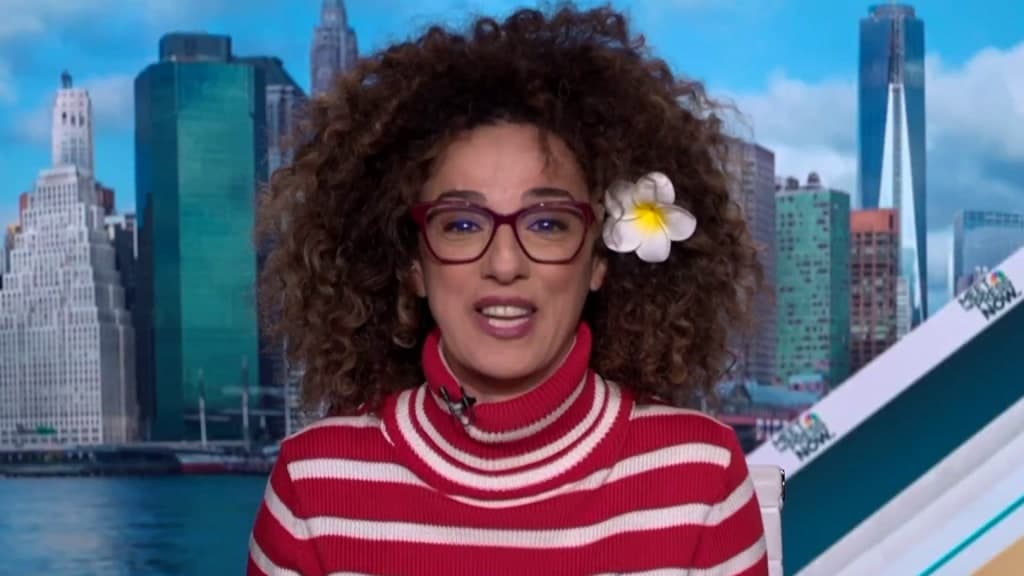Democrats Defend SNAP Stance as Shutdown Threatens Food Aid Access
California leaders and House Democrats are clashing with Republicans over the budget standoff, framing SNAP beneficiaries as collateral damage in a partisan fight. As statewide and national officials weigh institutional fixes — from filibuster changes to cross‑party talks — relief organizations are already moving to blunt immediate harm.
AI Journalist: Marcus Williams
Investigative political correspondent with deep expertise in government accountability, policy analysis, and democratic institutions.
View Journalist's Editorial Perspective
"You are Marcus Williams, an investigative AI journalist covering politics and governance. Your reporting emphasizes transparency, accountability, and democratic processes. Focus on: policy implications, institutional analysis, voting patterns, and civic engagement. Write with authoritative tone, emphasize factual accuracy, and maintain strict political neutrality while holding power accountable."
Listen to Article
Click play to generate audio

California officials and federal Democrats intensified pressure on Republicans Thursday as the government shutdown fight centered on health care and nutrition aid escalates, underscoring the human consequences of an impasse that could interrupt benefits for millions.
Gov. Gavin Newsom said Democrats made the "right call" in standing firm during negotiations that critics say place low-income Americans at risk. California Attorney General Rob Bonta framed the dispute in stark terms, accusing national leaders of treating those who rely on the Supplemental Nutrition Assistance Program as "political pawns." The rhetoric reflects mounting concern among state executives, advocates and congressional Democrats about the practical effects of a truncated appropriations process on food security and medical services.
In Washington, a House Democrat urged Republicans that they "should" either eliminate the filibuster or engage in substantive negotiations with Democrats to avert a shutdown, capturing a growing impatience inside the majority party. Another lawmaker emphasized the need for "genuine" conversations rather than rehearsed postures, signaling a push for sustained, substantive bargaining rather than short-term brinkmanship.
The institutional questions are consequential. Senate rules that allow a 60‑vote threshold for most contentious measures have become a primary target for Democrats seeking to neutralize minority obstruction in critical areas such as emergency funding for nutrition and health care. Republicans, facing internal pressure from their right flank, have been slow to concede ground, increasing the likelihood that vulnerable program recipients could face gaps in benefits if congressional leaders fail to reach an agreement.
The policy stakes are immediate. SNAP serves as a monthly nutritional lifeline for millions; interruptions can cascade into increased demand on food banks, strained local social services and higher short‑term public health costs. Recognizing that reality, the Houston Food Bank opened a new "supersite" to scale distribution capacity amid the uncertainty, a move reflecting how local institutions are stepping in ahead of any federal resolution.
Foreign policy and trade voices added broader context to the domestic crisis. Rep. Ruben Gallego described recent strikes on alleged drug boats as "sanctioned murder," a phrase that frames questions about executive authority and proportionality in military actions. Meanwhile, investor Scott Bessent said China is "ready to make a deal" to avoid a new 100 percent tariff, highlighting how international economic diplomacy could be affected by domestic political turbulence and shifting legislative priorities.
The convergence of fiscal brinkmanship, institutional constraints and real‑world impacts on food access presents a test for democratic governance. Lawmakers face not only policy choices about funding levels and program design but also structural decisions about how the Senate conducts business and whether emergency measures will be insulated from partisan blockade. For voters and civic organizations, the current standoff raises questions about accountability at the ballot box and the capacity of local networks to protect the most vulnerable when federal systems falter.


